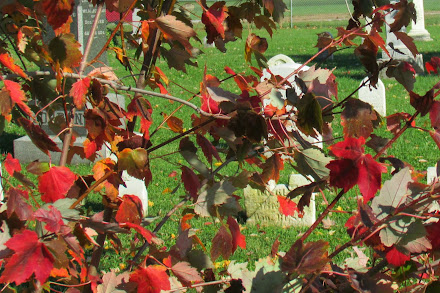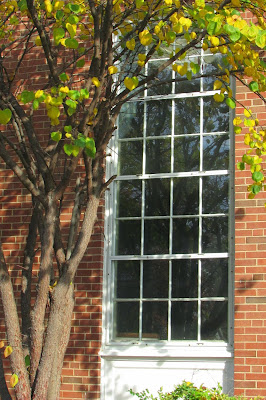" . . . the vast expanse of interstellar space . . . "
A Spaceman Came Traveling
[Click to listen]
A spaceman came traveling on his ship from afar,
'Twas light years of time since his mission did start,
And over a village he halted his craft,
And it hung in the sky like a star, just like a star.
He followed a light and came down to a shed,
Where a mother and a child were lying there on a bed,
A bright light of silver shone round his head,
And he had the face of an angel, and they were afraid.
Then the stranger spoke, he said, "Do not fear,
I come from a planet a long way from here,
And I bring a message for mankind to hear,"
And suddenly the sweetest music filled the air --
And it went la, la, la, la, la, la, la, la, la, la . . .
Peace and goodwill to all men, and love for the child.
La, la, la, la, la, la, la, la, la, la . . .
Peace and goodwill to all men, and love for the child.
This lovely music went trembling through the ground,
And many were wakened on hearing that sound,
And travelers on the road, the village they found,
By the light of that ship in the sky, which shone all round.
And just before dawn at the paling of the sky,
The stranger returned and said, "Now I must fly,
When two thousand years of your time has gone by,
This song will begin once again, to a baby's cry."
And it went la, la, la, la, la, la, la, la, la, la . . .
Peace and goodwill to all men, and love for the child.
Oh the whole world is waiting, waiting to hear that song again,
There are thousands standing on the edge of the world,
And a star is moving somewhere, the time is nearly here,
This song will begin once again, to a baby's cry.
~ Chris de Burgh
This mystical Christmas song always arouses my curiosity. The spaceman halts his craft, that seems to become the Star of Bethlehem; yet he himself "followed a light" -- the light from his own ship which others are following? Or a different light? He seems to become the Christmas Angel who says "Do not fear" and brings glad tidings; but what is the source for the "lovely music" filling the air and "trembling through the ground"? More angels? Or the Spaceman?
He flies away, bidding farewell to the mother and child and other assembled Earthlings, promising the song again and "a baby's cry" in two thousand years' time. Does this mean a new baby Messiah? The Spaceman doesn't promise his own return, though the song's haunting conclusion suggests it. Is the Spaceman the baby, all grown up (like Jesus or Mad Max or Dad / Joseph Cooper / Matthew McConaughey in the new movie Interstellar)?
the space time continuum, see my current post
~ "An Interstellar Thanksgiving" ~
on The Fortnightly Kitti Carriker:
A Fortnightly [every 14th & 28th] Literary Blog of
Connection & Coincidence; Custom & Ceremony






































